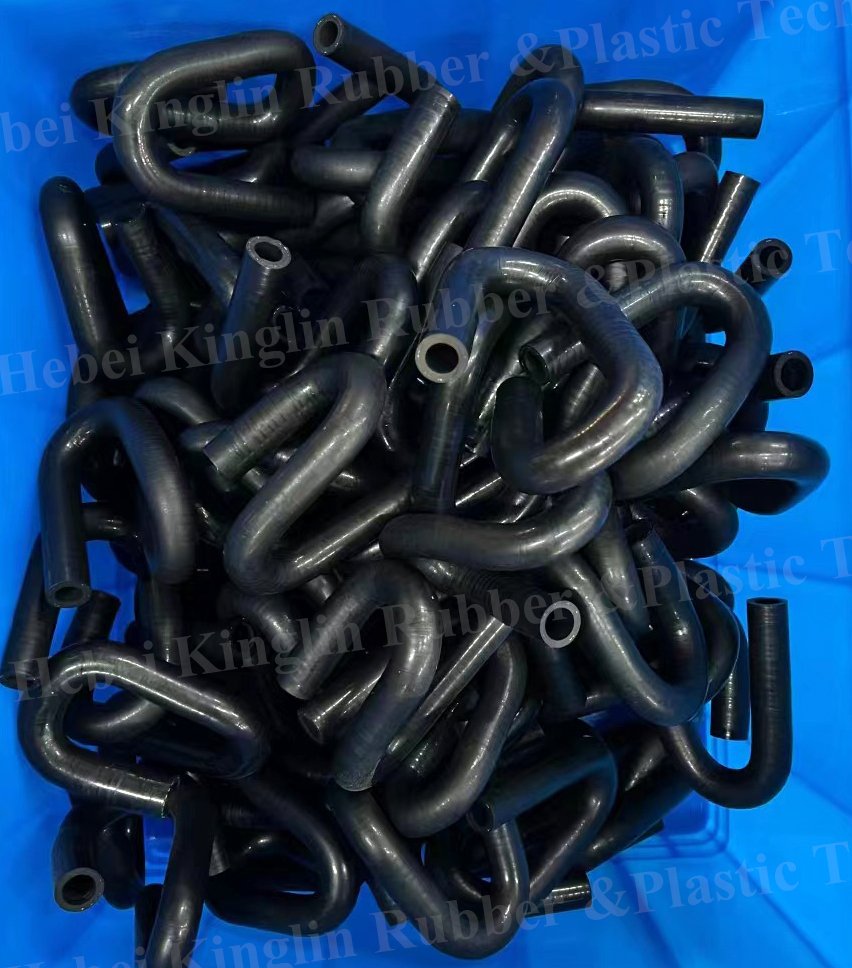The lifespan of EPDM radiator hoses can vary depending on several factors, such as the quality of the hose, the conditions in which it is used, and how well it is maintained.
In general, EPDM radiator hoses can last anywhere from 50,000 to 100,000 miles, or about 5 to 8 years. However, this is just a general estimate, and some hoses may last longer or shorter depending on the aforementioned factors.
EPDM is a durable material that is resistant to heat, ozone, and weathering, which makes it a popular choice for radiator hoses. However, over time, the hose can become brittle or cracked, especially if it is exposed to extreme temperatures or chemicals. Regular inspections and maintenance can help to identify any signs of wear or damage and prevent premature failure of the hose.
In summary, EPDM radiator hoses can last several years under normal conditions, but their lifespan can vary depending on several factors. Regular inspections and maintenance are important to ensure the longevity of the hose and prevent unexpected failures.
Your car engine needs coolant to run safely. Car engines generate a lot of heat when they run, which must be removed and limited to a specific temperature range. The engine could be severely damaged (up to and including a cracked head) if allowed to overheat.
Coolant flows from the radiator, through the engine, around the engine, and back into the radiator again. In the radiator, the coolant releases heat into the atmosphere and begins its journey around the engine again. It enters and exits the radiator through two hoses – an upper radiator hose and a lower radiator hose.
Radiator hoses are exposed to very high temperatures, both from the coolant flowing through them and from the engine. They are also under very high stress. While they are very durable, they will eventually fail. This is normal and they are considered a scheduled maintenance item. In fact, it is highly recommended that you check your radiator hoses at every oil change to make sure you can replace them before they fail. If a hose fails while you’re driving, it can cause serious damage to the engine (loss of coolant can easily overheat the engine).
Radiator hoses don’t really have a set lifespan. They should last at least five years, but some will last longer, especially if you’re vigilant about changing your coolant and maintaining your vehicle properly.
Given the importance of having good radiator hoses, it makes sense to be aware of some of the signs that might indicate that one of them is about to fail. These include:
Cracks or splits in the hose
bump in hose
The hose has a “crunchy” feel when you squeeze it (don’t check when it’s hot)
Bloated or damaged end (where the hose connects to the radiator)
coolant leak
If you suspect that one of your radiator hoses is about to fail, don’t wait. Please contact us to purchase new radiator hoses.




